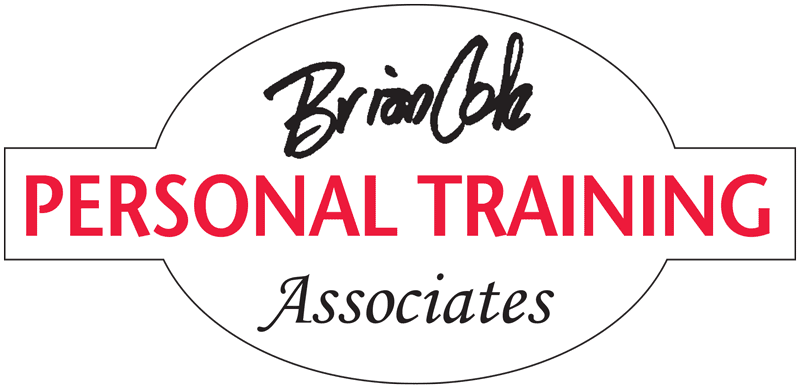Thanksgiving! It’s always been my favorite holiday for a combination of reasons: it has no religious overtones that exclude anyone, it’s about family and friends and warmth and no matter how life has treated us, we can always find something to be thankful for. Okay, well that’s real nice, Brian, thanks for sharing, but what does that have to do with a January column?
Because after decades of thinking that way, I’m moving New Year’s Day up to co-favorite and I’m going to share why.
New Years Day is about self-improvement. We reflect, evaluate ourselves, set new goals and standards, implement some of ‘em, set better examples and as always in the wonderful newness of infatuation, we act more like who we’d really like to be.
But, habit change is difficult. Because I work every day with people who took the first step and then stuck to it (most of my private clients have been with me consistently for more than 10 years), I’d like to share some observations on how you can change some habits and improve in the direction you choose.
Whether you’re a bit bored, or down, or a procrastinator (i.e. perfectionist), or too considerate of someone else, or just lazy—the reason you haven’t started on a program of improvement isn’t really important. Don’t analyze; act. Act to feel better, to move better, to have more energy. Act for yourself.
This is not about positive thinking. Forget all the self-help, feel-good-about-yourself, maintain-your-self-esteem, it’s-not-your-fault-it’s-just-genetics nonsense. Of course, genetics is involved. It’s involved in everything. So what? If you want to feel good about yourself, start by changing your behaviors. If you don’t, all that positive thinking is just a false veneer without a foundation. Earn it.
Also, forget about that comforting cop-out concept: moderation. It has its place, but it’s not here.
This is about commitment and passion! Decide you’re going to get it done. You have a hill to climb, and you’re not going to climb it using moderation. If you really want to change, to improve, it’s going to take time and effort. Period.
If you’ve not been exercising, you need to lose (burn with effort) body fat. You need to build new lean muscle tissue. You need to eat better. You need to improve your cardiovascular system and your joint range of motion. Am I scaring you away?
Well, plenty of people stick with it and improve. Maybe you can too. Maybe not.
If I’m scaring you away, maybe 2010 will be your year. Or 2011…. But know this: the reality is that hill will be higher and steeper. Guaranteed. And you won’t feel better until you start climbing. Life probably isn’t going to gently present you with the very best time to get started either.
Is this the part where I tout the value of willpower? Nope. Let’s avoid willpower. How? By using our brains. By planning. An exaggerated example: if you somehow ate five bananas, and then a coworker came in with the daily warm donuts, how much “willpower” would it take to not have one? (If donuts are your weakness, make it 10 bananas). Hopefully, you get the point. Eat healthy foods often throughout the day to give your blood sugar system and your willpower some ammunition. Eat some breakfast, pack a lunch. Make smart little daily decisions. Not buying junk in the grocery store is a lot easier than not eating it after it’s in your home.
If you don’t keep beer in your house until the weekend, you won’t drink it as often. There are plenty of tactics and all of you are different. Come up with your own.
It’s great to have some long-term, process-oriented goals. Ones that will last a lifetime because we can’t ever really achieve them. Better health and better relationships are always changing and we’re always adapting. So for long-term, they give us direction. Right now though, we need specific, achievable goals. Write them down. Examples: “Be more active” is a good idea, but too vague. Try—walk 30 minutes every day. “Eat better.” Sure, but it’s so confusing. Well for now, let’s keep it real simple: Don’t eat or drink anything you already know is bad for you. For 30 days. You can fine-tune your improvement later.
Which brings us to something you can’t avoid: self-discipline. But what is it? When you hear “self-discipline,” what do you think of? Don’t just read on. Take a minute. Your response was probably either an example of self-denial (“I need to discipline myself not to have Ho-Ho’s after lunch.”) or self-motivation (“I need to discipline myself to walk on my lunch break”). Most of us are clearly at one of the two. And need help on the other. Self-discipline is self-denial and self-motivation. We need both. Know yourself before you try to change habits. Habits are called habits ‘cause they’ve been there awhile.
This approach/attitude works. I wish you well. First, be thankful and then I hope we have a good ’09.

